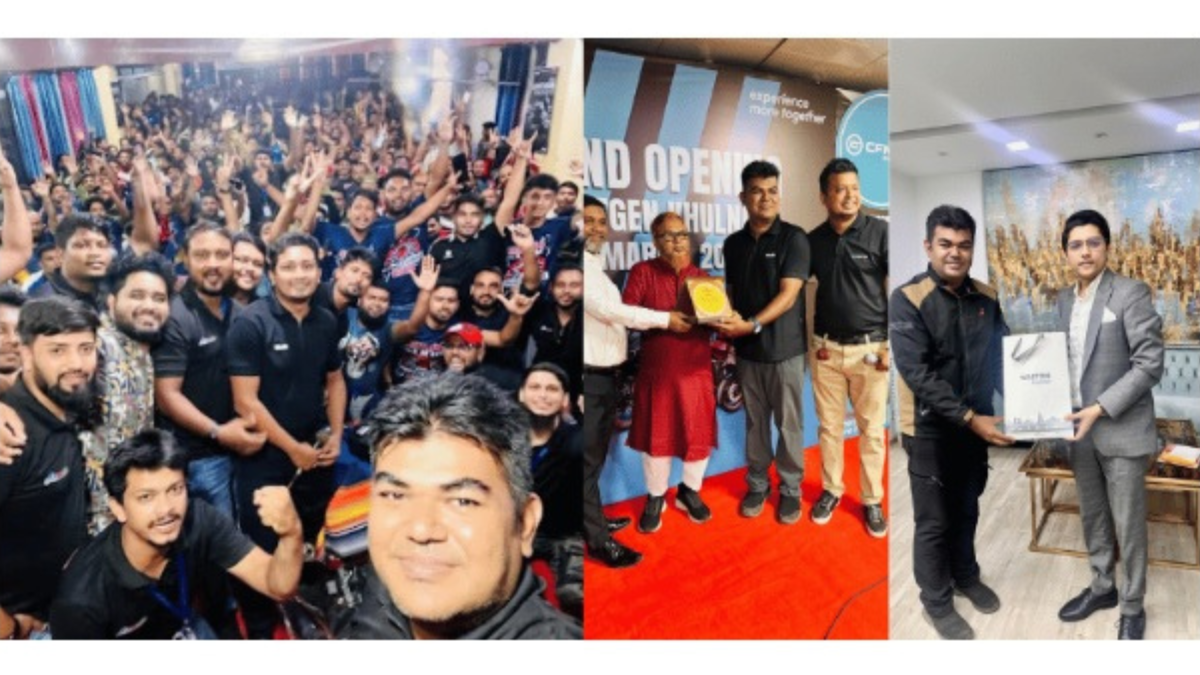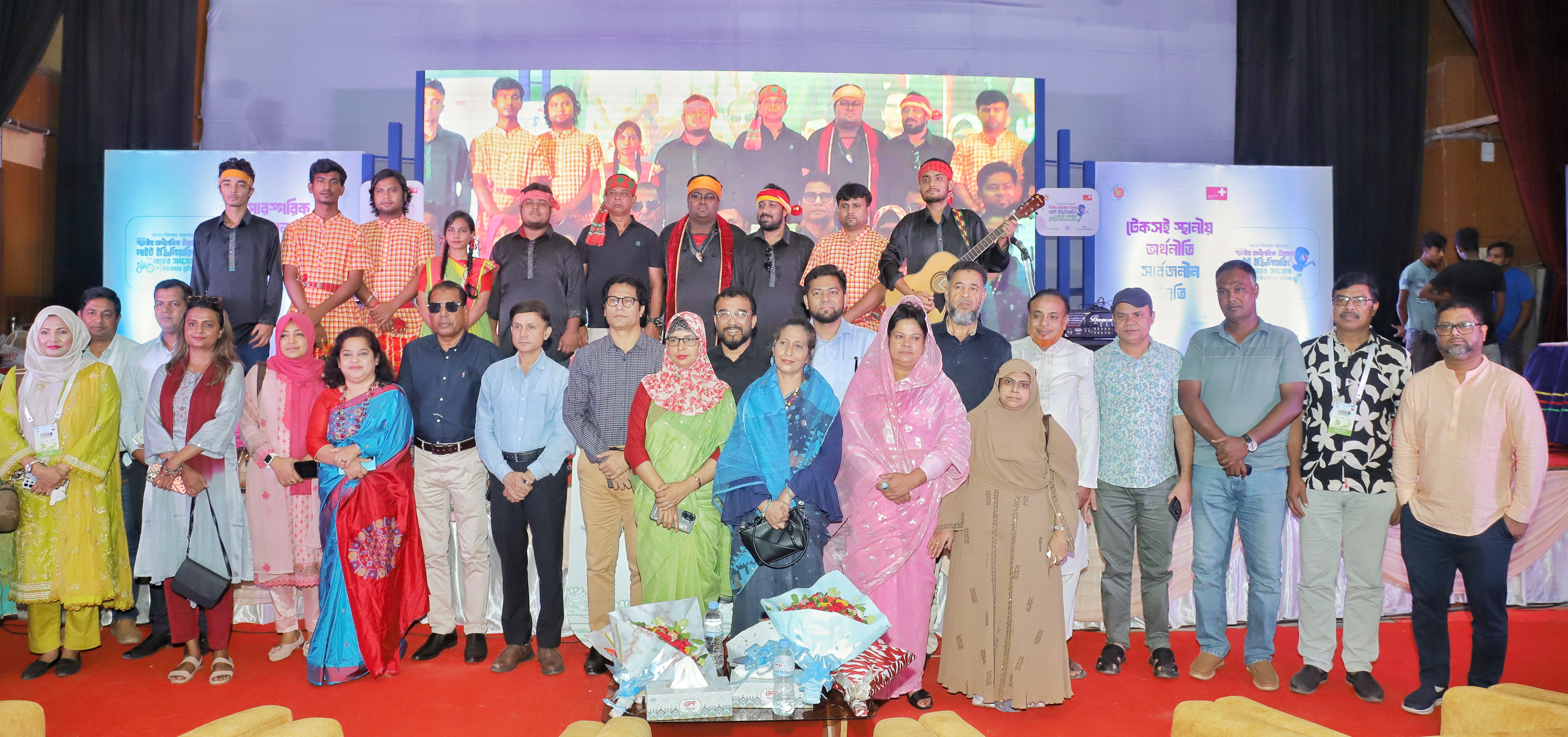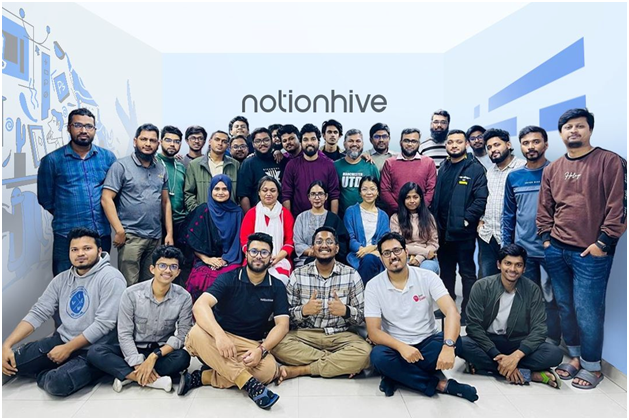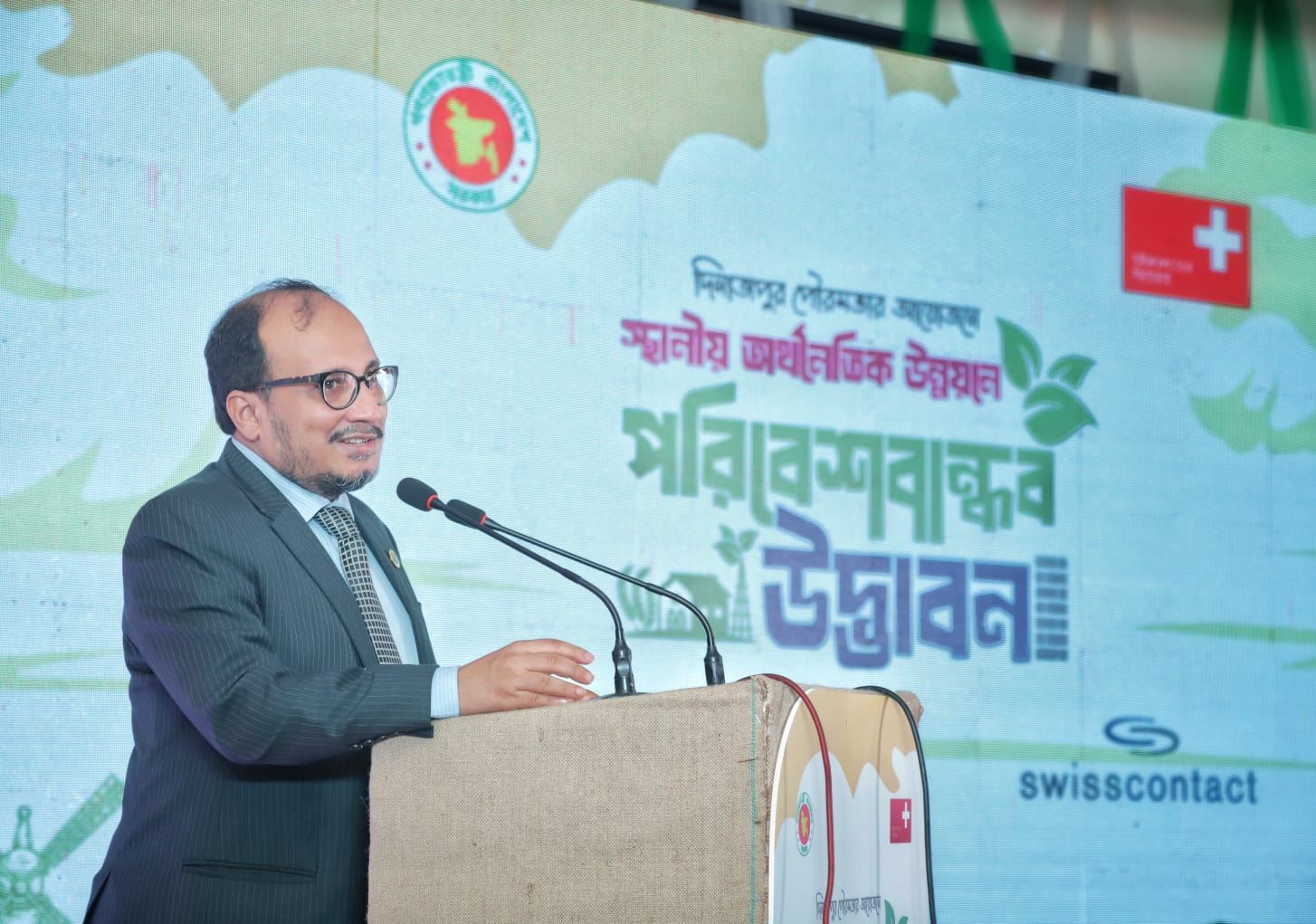
Protesters in Almaty held a banner saying "we are not terrorists" shortly before the shooting on 6 January. COURTESY
The armed men in uniforms checked every ward, shouting that they were looking for people wounded in mass unrest that had left scores dead. Asel, who had been shot in the violence and was being treated in the hospital in Kazakhstan's biggest city Almaty, recalled the chilling encounter. "One of them shouted, 'if you go out to protest again, we will kill you'." She believes the men with guns were from the special police forces or security services and were rounding up anyone who had taken part in anti-government protests.
They tried to take Asel with them but she was too badly wounded to walk. Her name has been changed to protect her identity. Like many others, she joined what started as peaceful protests against fuel price rises in early January. Kazakhstan has some of the world's largest oil reserves but most of the population doesn't share in the wealth. The demonstrations quickly spiralled into mass disturbances and looting that led to the worst bloodshed in the former Soviet state's 30 years of independence.
The authorities are accused of using excessive force to restore order. Officially, 225 people were killed and many more were injured. Some 10,000 people have been detained in the wake of the disturbances, the authorities say. Like many others, Asel, who is 57, is now worried that she could be arrested and accused of participating in the unrest. Kazakhstan's prosecutor-general's office has opened nearly 700 criminal cases. Some of those accused are charged with terrorism, murder and seeking to overthrow the government.
However, human rights groups say the authorities are cracking down on everyone who took part in the protests, including peaceful demonstrators. Even those who simply posted on Facebook in support of the protests are being detained. They face beatings and torture, activists say. "There is no presumption of innocence," said Bakhytzhan Toregozhina, a human rights activist in Almaty. "They are all potential terrorists for the authorities and they try to force confessions out of them."
One activist Muratbek Yesengazy who took part in the protest on Almaty's main square is accused of participating in the violence. His lawyer told the BBC that he had been beaten in detention - photos show his leg covered in bruises. The authorities flatly deny any detainees have been beaten or tortured. Those who didn't participate in the violence "should not worry", Saltanat Azirbek of the Almaty Police Department told the BBC, adding they would be released once the facts had been established.
It is still not clear how peaceful protests turned so violent. Initially, the mood of the crowd was festive when people rallied on 4 January. They sang the anthem of Kazakhstan and chanted political demands. "The crowd was very diverse," recalls Timur Nusimbekov, a local journalist who watched events unfold in Almaty. "There were people from the suburbs, people from the city centre. There were hipsters and young working people."
The atmosphere started to change when the authorities threw stun grenades and fired tear gas to disperse the crowd, leading to clashes between police and protesters. The next day, on 5 January, tensions grew. Some people on the square in Almaty were armed with knives and hunting rifles, says Mr Nusimbekov. It's still not clear who these people were. Ms Azirbek of the Almaty police said "well trained men versed in combat tactics" attacked police with the aim of seizing their weapons.
Protesters who were there blame unidentified provocateurs. "We protested peacefully," one activist, Konay Abdiyev, told the BBC. "But then a group of young men arrived and ran straight towards the city hall. We couldn't stop them. They destroyed cars and smashed windows. "They were wearing masks that hid their faces. We were afraid even to look into their eyes out of fear that they would assault us."






0 Comments